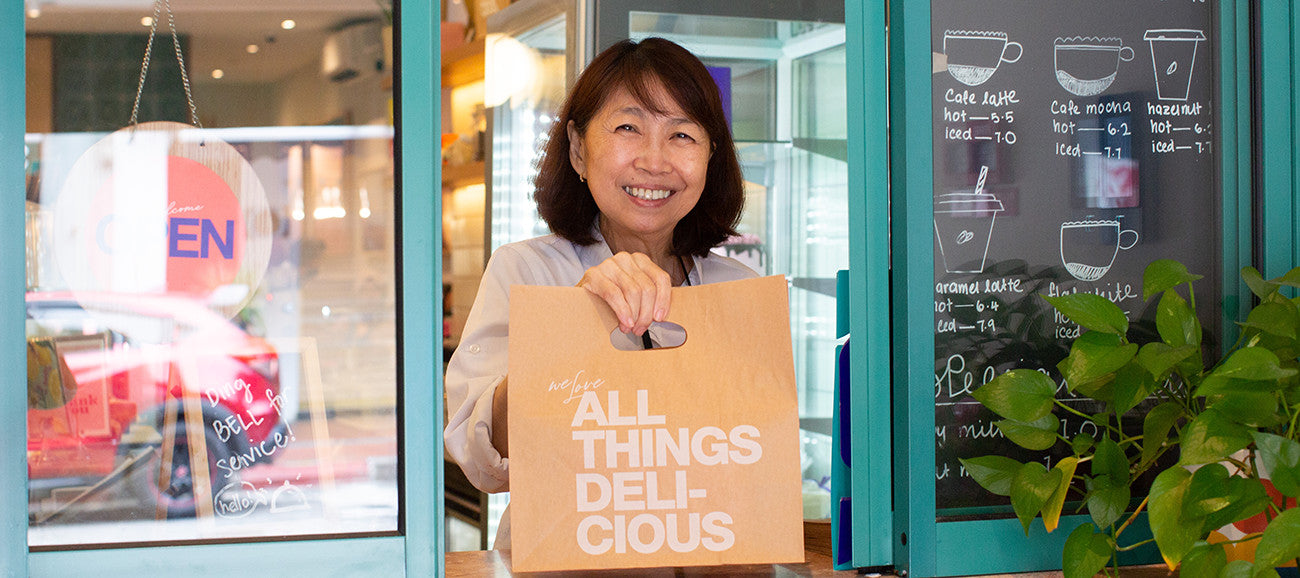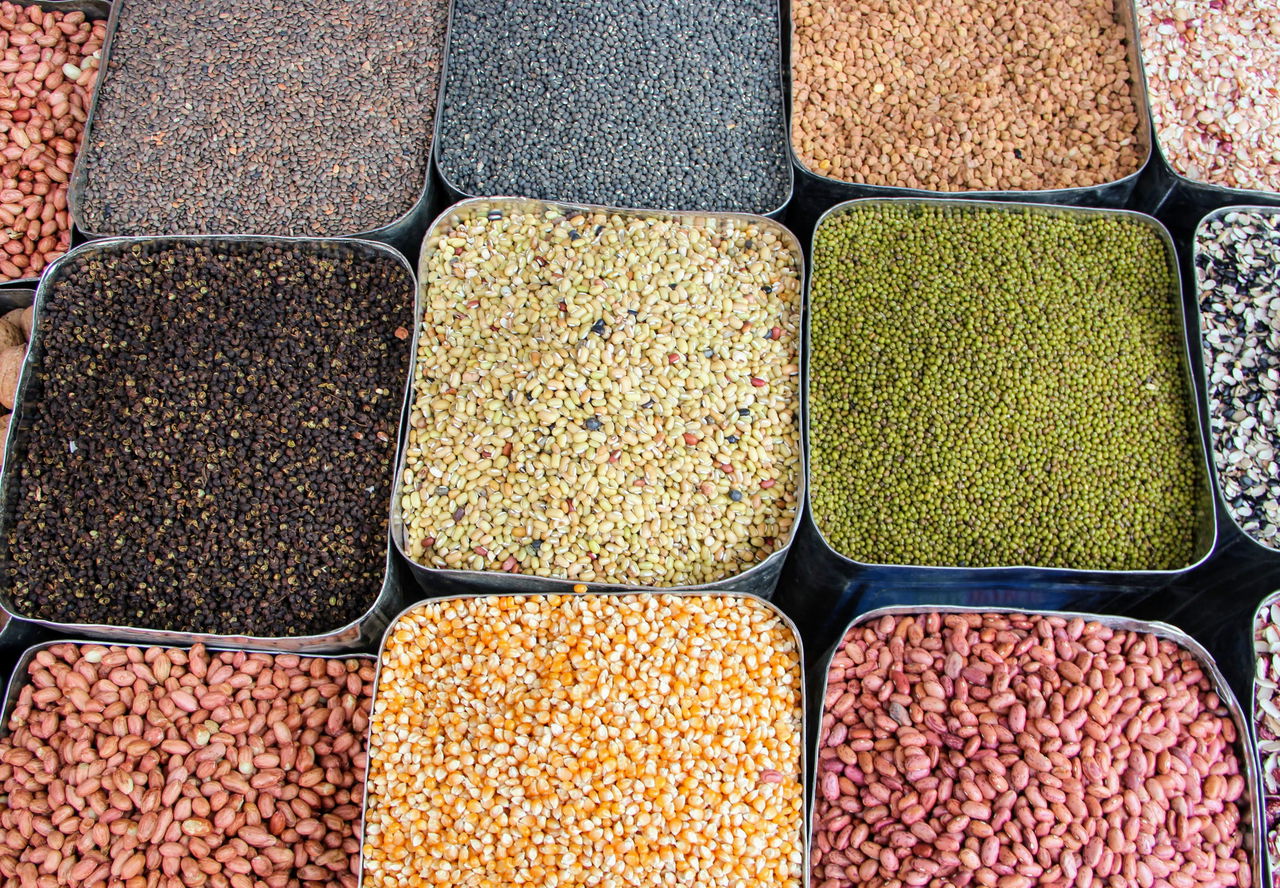
FREE PICK UP
Pick Up your order from our flagship store at 34 Arab Street, in the heart of Kampung Gelam! Get directions.

DELIVERY
All Things Delicious delivers! Everything in this website can be delivered to your doorstep! Have multiple delivery addresses? No sweat, let us handle it.




